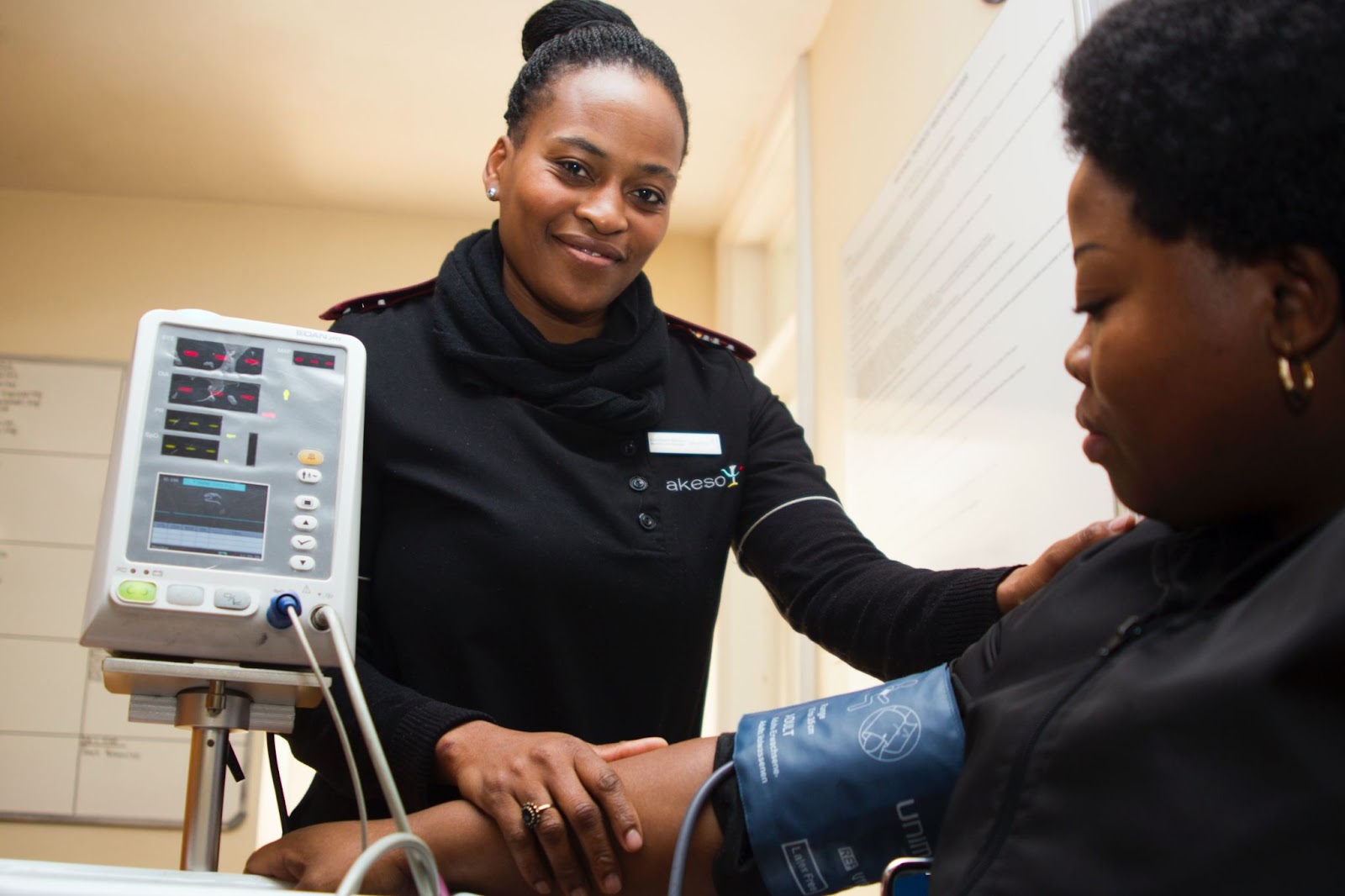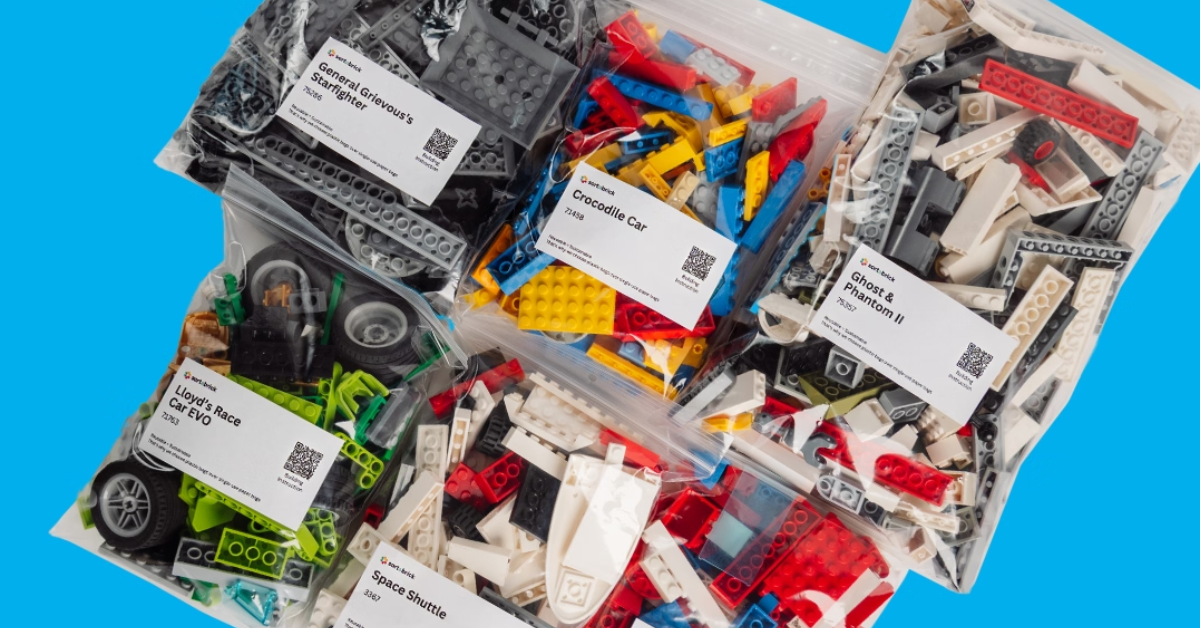For people who are members of minority groups, seeking health care can be a distressing, sometimes dangerous experience.
%20(1).png?width=524&height=393&name=Daily%20visual%20template%20(3)%20(1).png)
Health disparities can arise based on race, ethnicity, gender, sexual orientation, and disability, and can be detrimental when health care providers are not properly trained or provide biased care. The pandemic unveiled long-standing health inequities, with Black, Hispanic, and Asian people having higher rates of infection, hospitalization, and death.
But systemic health disparities are far-reaching and touch fields of medicine from maternal health to obesity and LGBTQ+ care. Startups have sprung up across specialties to develop solutions for patients previously overlooked, underserved, or misunderstood.
1. Acclinate
Problem: While people of color make up ~39% of the US population, they represent only 2%-16% of patients in clinical trials, largely due to their fear and distrust of health care authorities due to a long history of systemic failures.
Solution: Acclinate, founded by Del Smith and Tiffany Whitlow in 2020, is bridging the connection between pharmaceutical companies and communities of color for more inclusive clinical research.
The company created the Nowincluded community, a platform for educating diverse individuals about health care. Through that community, users have the opportunity to participate in clinical trials and patient studies.
The startup also offers software, called e-DICT, to pharmaceutical firms. The software takes participant data from Nowincluded and runs predictive analytics models to tell clients who will be most likely to participate in their clinical trials.
"Taking control of our health care is powerful, so we challenge our communities to raise their hand," says Whitlow. "When they participate in clinical or genetic research, they move toward changing the future of health for people of color."
 2. Mahmee
2. Mahmee
Problem: In 2020, the overall infant mortality rate in the US was 5.4 deaths per 1k births. For Black patients, the infant mortality rate is a staggering 10.6. In addition, the maternal mortality rate for Black women is three to four times the rate for white women.
Solution: To support patients through their maternity journey and reduce complications, founders Melissa Hanna, Linda Hanna, and Sunny Walia created health care platform Mahmee.
Users can use the platform to browse maternal and infant health care providers, schedule virtual and in-person appointments, and access guides and information. The company says it's closing gaps in maternity care by creating a one-stop shop for a patient's care.
The mother's gynecologist and nutritionist can share the same network with the baby's pediatrician, ensuring nothing falls through the cracks as it might with fragmented care.
In addition to obstetricians and nurses, users can look for doulas, lactation consultants, midwives, and pediatricians. Patients can also find care by expertise, such as LGBTQ+ families, high-risk pregnancy, mental health, or holistic medicine.
Mahmee says it practices cultural competent care and trains its team to be open and receptive of all patient concerns, something that is particularly important for marginalized groups.
3. Mochi Health
Problem: Obesity prevalence in the US was 41.9% in 2020, and obesity-related conditions, such as diabetes and heart disease, are top causes of premature deaths.
Weight discrimination has reportedly increased 66% since 1995 an obstacle for many patients trying to access safe, equitable treatment. The issue also disproportionately affects marginalized groups: Non-Hispanic Black adults have the highest prevalence of obesity, followed by Hispanic adults.
Solution: Mochi Health, founded in 2022 by Myra Ahmad and Preeti Gogulapati, connects patients to providers trained in obesity medicine so they can access bias-free weight loss care.
"It clicked for us that medicine doesn't treat obesity as its own medical condition or as a subspecialty," says Ahmad. "Medicine treats obesity as something that you need to take care of, as your problem. And only when you come back with high blood pressure or diabetes, the consequences of obesity, can you get medication. That just didn't make sense."
Mochi starts users off with a simple eligibility quiz to better understand patient needs and prior medical histories. Users are then connected to providers who specialize in obesity medicine and are given treatment plans, which can include nutritionist consults, medication, or a combination of both.
Mochi has plans to roll out comprehensive services to become a one-stop shop for obesity treatment. Projects in the works include peer groups, sleep specialists, physical therapy, and therapy.

4. Hued
Problem: The life expectancy among Black Americans is four years lower than that of white Americans. People of color fare worse for health coverage, access, and care. Black people have higher rates of diabetes, hypertension, and heart disease compared with other groups.
Solution: Founded by Kimberly Wilson in 2018, Hued is a digital health company that fosters inclusive health care experiences for Black, Latinx, and Indigenous people.
Wilson had her own negative experience trying to navigate the medical system: She was told by a white male doctor that the answer to her fibroids would be a total hysterectomy (she ultimately found a Black woman OBGYN who was able to treat her condition without surgery).
After seeing how narrowly she dodged an extreme, unnecessary surgery, and how ignored she felt, she wanted to make navigating the health care system easier for others.
Hued takes a two-pronged approach to tackling health care inequities: The company offers content and courses to train providers on anti-racism practices and treating patients of color, and it provides patients with a network of practitioners vetted to provide inclusive care.
The hope is that by pairing patients with providers who can offer competent, specialized care, the startup can minimize misdiagnosis as well as the negative experience many people of color have when seeking answers from health care providers.
.jpg?width=48&height=48&name=IMG_2563%20(1).jpg)











